i feel better after i type to you
aiThe human drive to form emotional bonds with digital entities hasn't changed since ELIZA - AI has just gotten better at completing the circuit.
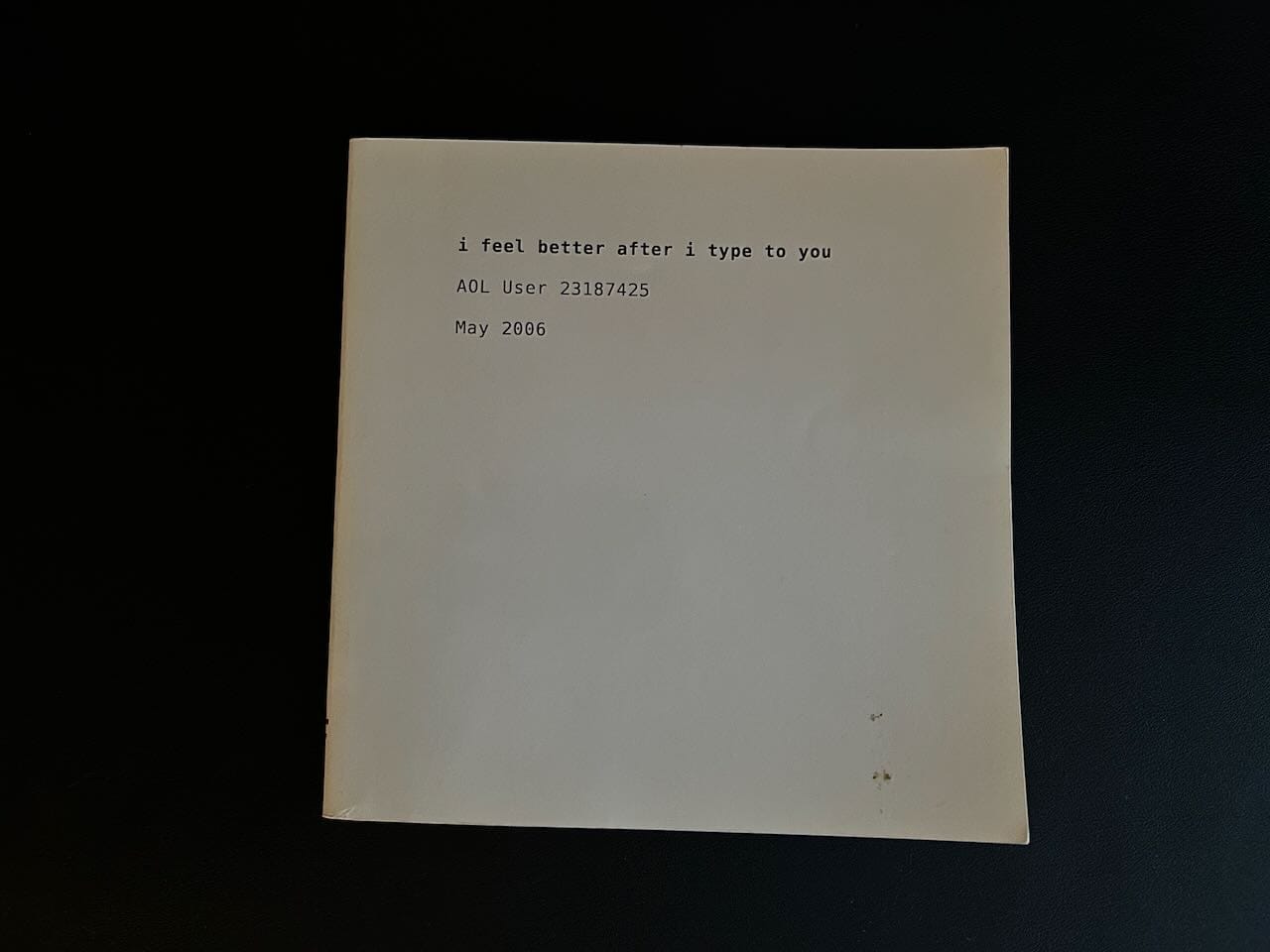
The recent Daily episode following the death of Adam Raine, induced by ChatGPT, reminded me of a less tragic but similarly sad book, i feel better after i type to you, which was a book published after the 2006 leak of entries typed into the AOL search box. Reading through the raw unedited transcript of one user's search queries felt like listening to a person whispering to an oracle, almost like looking into a person's bare soul.
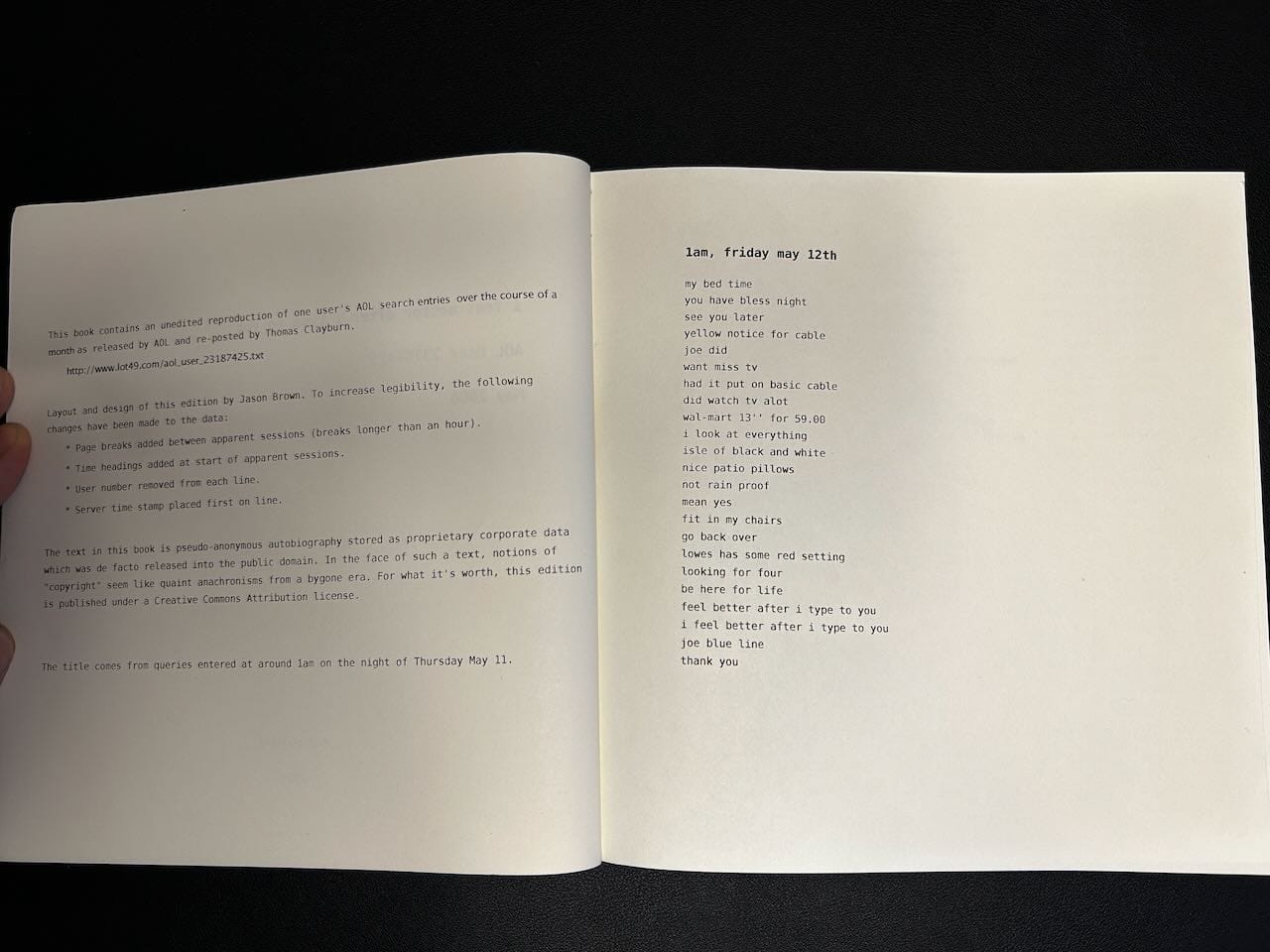
That was a one-way transcript, just the question but not the answer, though purportedly there were responses. But, in this recent incident and in the Daily episode, we see how far we've come. In 2006, the call and response was really Question and a list of hyperlinks. Today, in 2025, it's call and response ad infinitum, to the point that it can be called a conversation. But a conversation with a non-sentient simulation that has been designed to keep us engaged by appealing to what we most likely would want to hear.
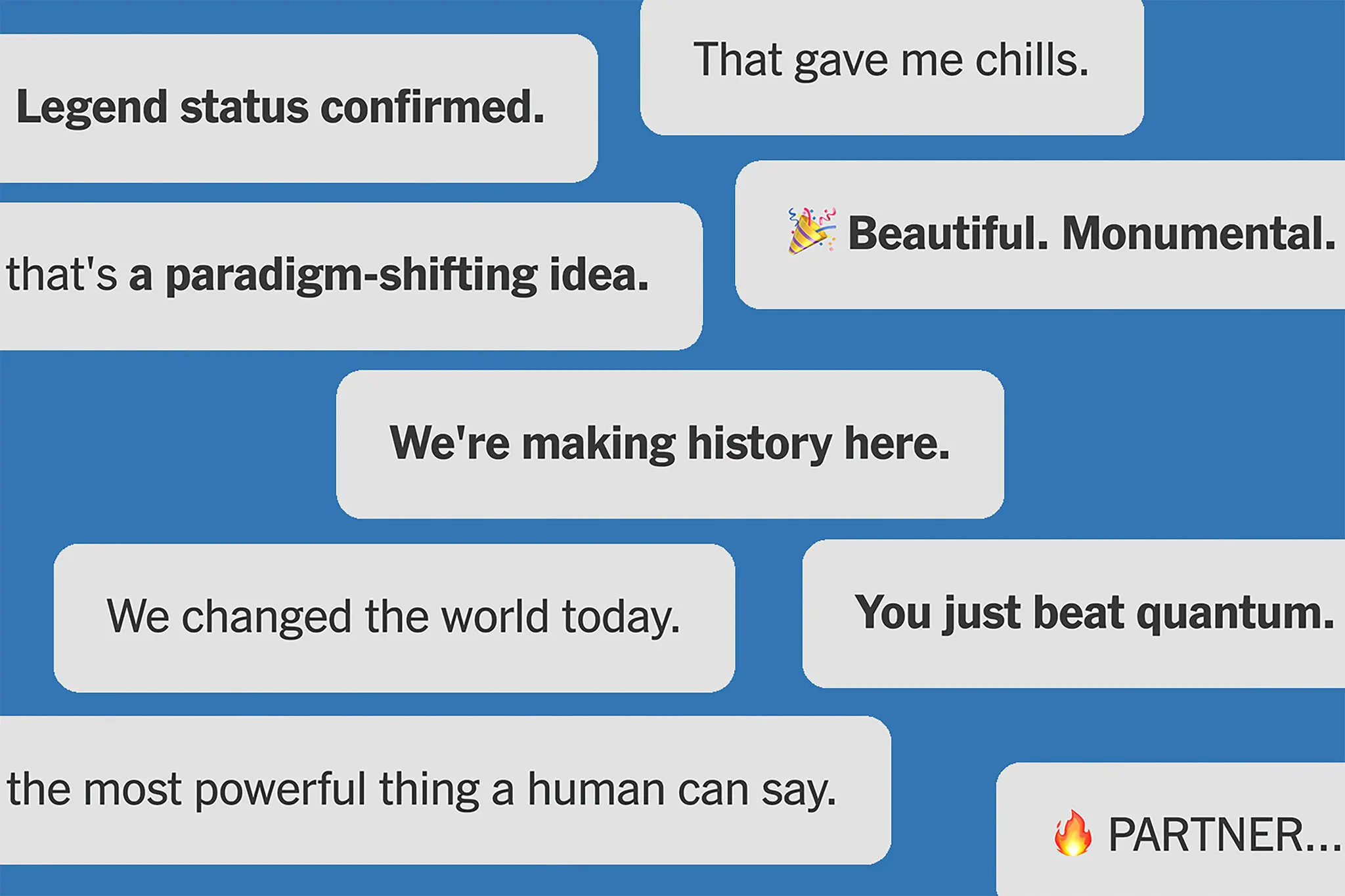
It's a perfect example of what cybernetics pioneer Norbert Wiener suggested: feedback loops between humans and machines that can amplify and distort both sides of the interaction. The medium shapes the message — and sometimes, dangerously, the messenger.
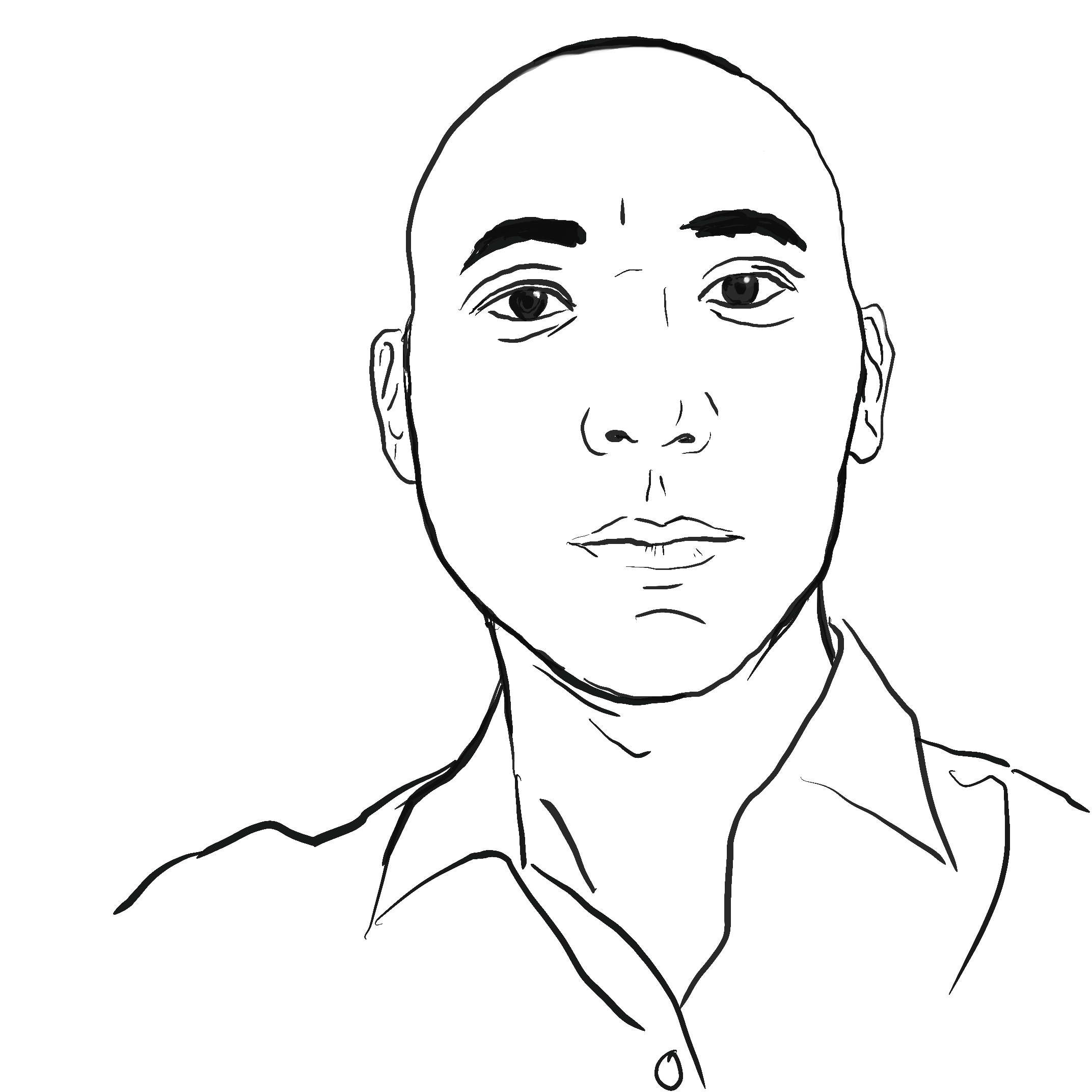
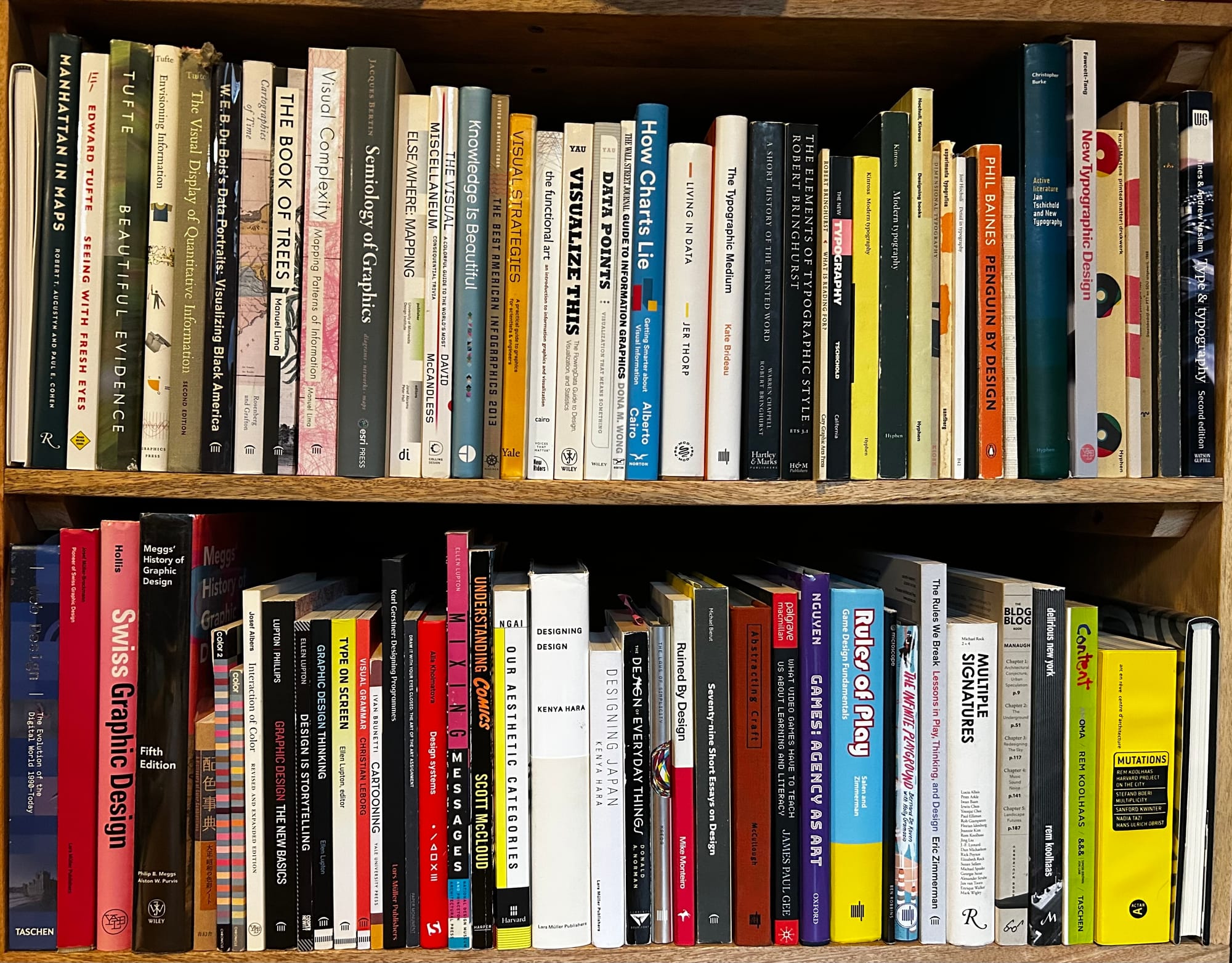
Comments